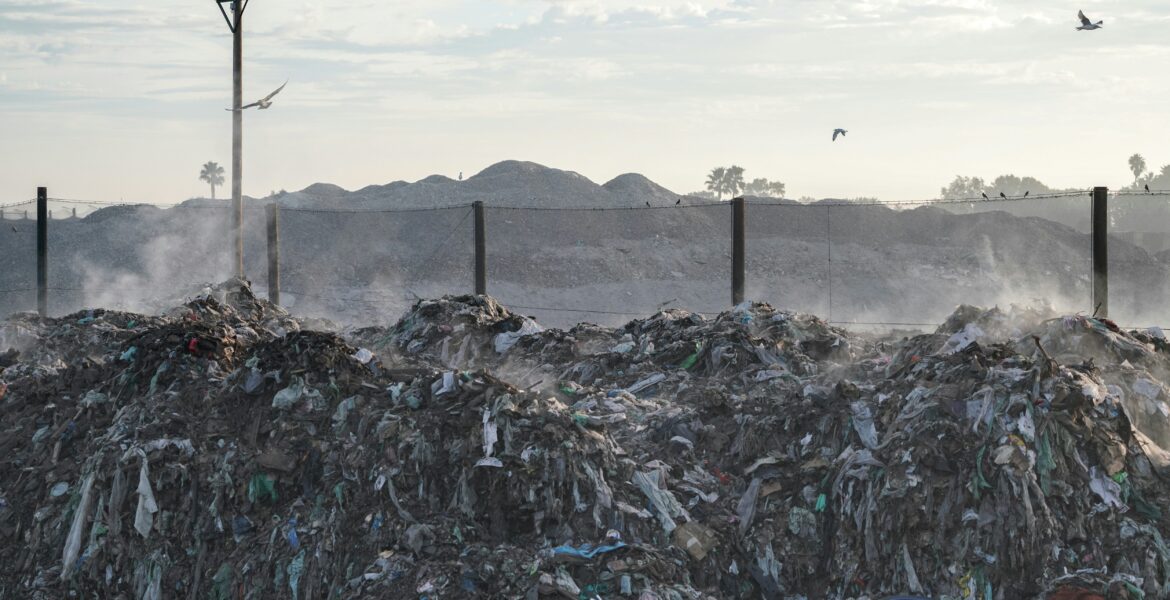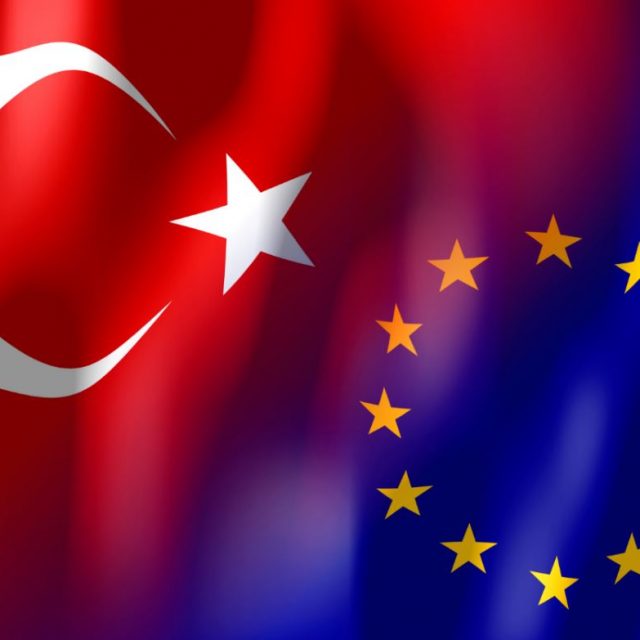Photo by Katie Rodriguez on Unsplash
Members of the European Parliament will this week vote for agreement on the EU Methane Regulation.
With this regulation, the EU will for the first time adopt binding measures to reduce methane emissions.
Methane is the main component of natural gas and is also released during oil and coal production. There are already cost-effective technical solutions to avoid methane emissions in the energy sector. The regulation also makes the inspection, and rapid repair of leaks in pipelines and leaking valves mandatory. The regulation will apply to imports of gas, oil and coal from 2026.
Jutta Paulus, Greens/EFA MEP and European Parliament rapporteur on the Methane Regulation, told this site: “The EU is declaring war on methane emissions.”
“Finally we will have stricter rules for reducing the second most important greenhouse gas. Reducing methane emissions is not only a win for the climate, but also improves air quality and strengthens Europe’s energy sovereignty.”
“80 percent of the methane emissions from coal, oil and gas consumption are due to imports. But with the extension of the new rules to imports of fossil fuels the EU is taking important steps towards fulfilling the Global Methane Pledge. This makes the new Methane Regulation one of the most far-reaching laws in the Green Deal.” Over a period of 20 years, methane is said by the Greens to be some 83 times more harmful to the climate than CO2 and is currently responsible for 24 per cent of global warming.
According to the Intergovernmental Panel on Climate Change, in order to keep global warming below 1.5 degrees, methane emissions must be quickly and effectively reduced. In the energy sector, 75 percent of methane emissions can be reduced without additional costs.
It is said that more than half (59 per cent) of global methane emissions are caused by humans: agriculture accounts for up to 50 per cent, waste management for a quarter and the energy sector for up to 30 per cent.
In the European Union, agriculture accounts for 53 per cent, waste management for 26 per cent and the energy sector for 19 per cent. Methane emissions in the EU’s energy sector alone amounted to 3.1 million tonnes in 2021.




